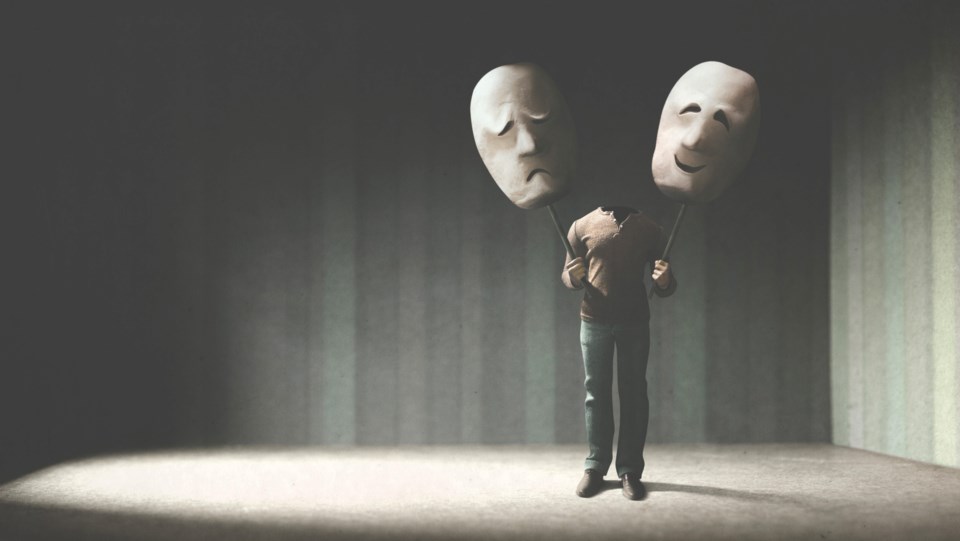When Donna Wilson pulled up to visit her aunt and uncle on their farm near Eatonia, Sask., a few years ago, she came across a comical scene: Her uncle Doug was running around the yard chasing turkeys. The birds kept jumping up on his dog and he was trying to shoo them away with a broom.
It’s a memory Wilson plans to remind her aunt Doreen of soon. Doug died over the winter, and her aunt is grieving. Wilson hopes that sharing a funny story about him will help them both.
“I loved my uncle Doug, and I remember he was always smiling and laughing about something,” said Wilson. “Hopefully we will laugh together and it will be healing.”
Wilson, a nursing professor at the University of Alberta, recently published study findings that show humour can trigger moments of intense grief for people who have recently lost a loved one, but humour can also be helpful in the recovery process.
The key--as always with humour--is timing, plus you’ve got to know your audience, says Wilson.
The study was part of a larger inquiry into grief triggers-- thoughts, memories, or events like anniversaries and family gatherings, special places, songs, even jokes. Very little research has been done on triggers and how bereaved people manage them, Wilson says, but they can be incapacitating.
“You can be driving past the hospital where your husband died, and suddenly have a massive grief trigger and have to pull over,” she said. “Now think about if that's a pilot who's flying a plane, or a surgeon, or a truck driver going down the highway.”
Working through the stages of grief
Researchers report there are nearly 300,000 deaths each year in Canada and on average 10 people grieve each death. For the study, Wilson and her team did in-depth interviews with 10 middle-aged and older Canadians who had lost a parent, child, sibling or spouse within the past two years, asking about their experiences with grief and recovery.
They all described being completely overwhelmed by grief at first, then being frequently hit by “hard-grief” triggers. Most found a way to reshape their lives without the loved one after about a year, and over the next year they were able to welcome good memories of the deceased person without triggered episodes of crying or extreme sadness. Eight of the 10 interview subjects said humour helped with their recovery.
“I think nobody realized humour is present for our mental health, even in grief,” said Begoña Errasti-Ibarrondo, associate professor with the University of Navarra and a visiting academic at the U of A. “In Spain, for example, at funerals sometimes we make jokes if it is appropriate and we tell funny stories about the person or the tricks they used to play."
“Humour is what made it possible for me to live,” said one interview subject quoted in the paper. “I looked forward to the times I could laugh or smile; I could get a break from my grief."
Researchers say when you are supporting someone who is grieving it is important to talk to them about the person who died. However, they caution it’s best to check first with the bereaved person before turning to humour, as some may not be ready or may find it inappropriate.
“Grief is very personal and so is humour,” said Errasti-Ibarrondo.
The saying “laughter is the best medicine” dates back to the King James Bible, originally published in 1611. We now know laughter releases endorphins and positive hormones that contribute to physical and mental health.
For her part, Wilson will continue to remember how her uncle Doug liked to use humour to cope with the frustrations of daily life. Once he was planning to take his family out for a drive when he noticed one of his car tires was deflated. “Well, at least it’s only flat on one side,” he told them with a laugh.
Article courtesy of University of Alberta folio



